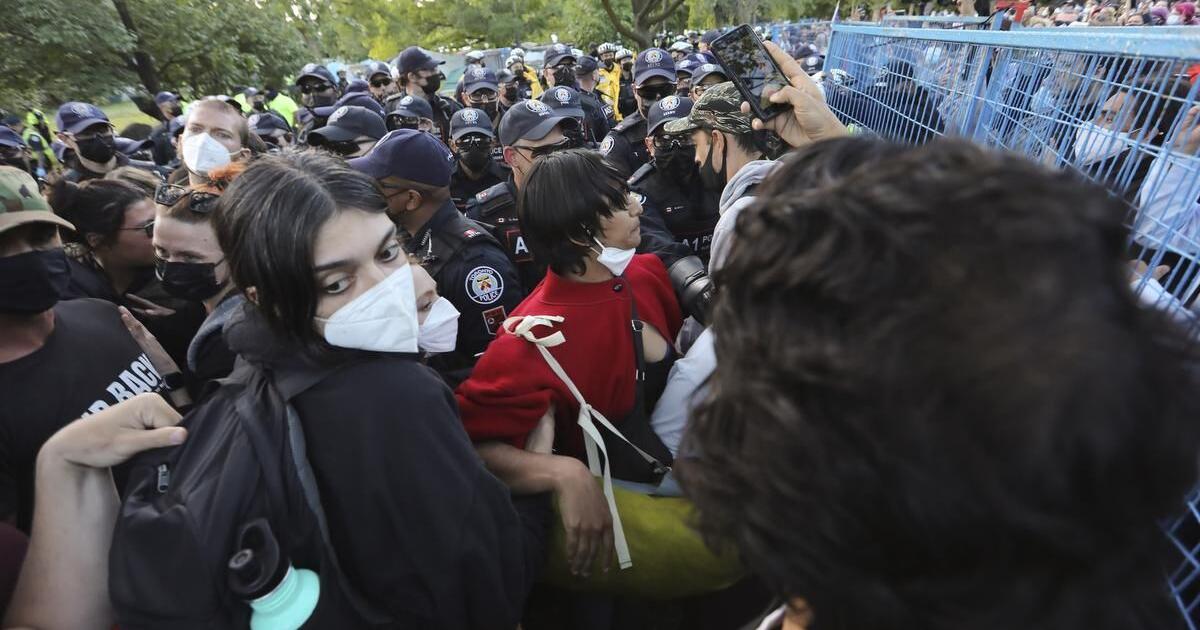George Washington was a slaveowner who had a complicated relationship with
slavery.
During his lifetime he controlled a total of over 577 slaves, who were forced to work on his farms and wherever he lived, including the President's House in Philadelphia. As president, he signed laws passed by Congress that both protected and curtailed slavery. His will said that one of his slaves, William Lee, should be freed upon his death, and that the other 123 slaves must work for his wife and be freed on her death. She freed them during her lifetime to remove the incentive to hasten her death.
He endeavored to assimilate Native Americans into the Anglo-American culture. However, he waged military campaigns against hostile Native American nations during the Revolutionary War, and the Northwest Indian War. He was a member of the Anglican Church and the Freemasons, and he urged broad religious freedom in his roles as general and president.
Washington has been memorialized by monuments, a federal holiday, various media depictions, geographical locations, including the national capital, the State of Washington, stamps, and currency, and many scholars and ordinary Americans alike rank him among the greatest U.S. presidents. In 1976 Washington was posthumously promoted to the rank of General of the Armies of the United States, the highest rank in the United States Army.







